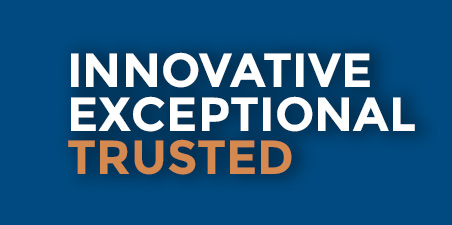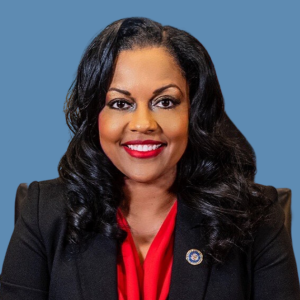On March 15, 2013, H.R. 803, Supporting Knowledge and Investing in Lifelong Skills (SKILLS) Act, passed the U.S. House of Representatives by a vote of 215-202.
According to a summary of the workforce development system bill provided by the House Republican Conference on the www.govtrack.us website “H.R. 803 seeks to provide American workers with a more dynamic flexible and effective network of job training services.”
They go on to distill the policy into three main points:
- It eliminates ineffective and redundant programs
- It empowers job creators and promotes accountability
- It cuts through the bureaucracy
Fleshing out those points, the bill is aimed at modernizing and reforming the federal workforce development programs by streamlining 30 or so federally-funded programs into a single Workforce Investment Fund.
Additionally, it aims to decentralize Federal control of the programs by allowing states to determine the relevance and utility of programs.
The bill also calls for an increase in the number of employing companies on Workforce Investment Boards from 51% to 66% while limiting the amount of Federal Funding, dropping the total from a reported $18 billion to $6 billion per annum.
The narrow margin of victory evidences the polarizing effect that this bill regarding workforce development has on politicians. In fact, during the markup, Democrats on the House Education and Workforce Committee walked out.
A statement released after the walk out stipulated:
“We didn’t come to this decision lightly. Unfortunately, we viewed boycotting this proceeding as our only alternative after many months of repeatedly requesting bipartisan negotiations and being rebuffed by committee Republicans. The Republican bill has scant support and has garnered significant opposition. Democrats can only come to the conclusion that this bill is being advanced for political reasons, not to make the workforce investment system work better. It would have been a dereliction of duty to continue to participate.”
A hotly-debated bill, it has divided the house along partisan and ideological issues. Republicans believe that big government should be less involved in the states’ decision making as to which training programs’ needs are met. Democrats feel by limiting federal checks and balances in workforce development it will encourage inequitable treatment of some subsections in the populace and invites the rise of big business.
While it awaits the next step, it is believed that with the objections and concerns raised by the Democrats, the bill—at least in its current form—will not pass in the Democratically-controlled Congress.
While KRA Corporation welcomes reform in the workforce development system, we feel that removing agencies and funding would lead to the exclusion of portions of our unemployed population. Serving all our unemployed Americans through training and education is something KRA Corporation steadfastly stands by and endeavors to accomplish.


 Dr. Boone’s 20+ years’ experience in the industry is extensive and her expertise in private-, public-, and non-profit sector workforce-services organizations is unparalleled, particularly in the Baltimore–Washington Metropolitan area.
Dr. Boone’s 20+ years’ experience in the industry is extensive and her expertise in private-, public-, and non-profit sector workforce-services organizations is unparalleled, particularly in the Baltimore–Washington Metropolitan area.






















